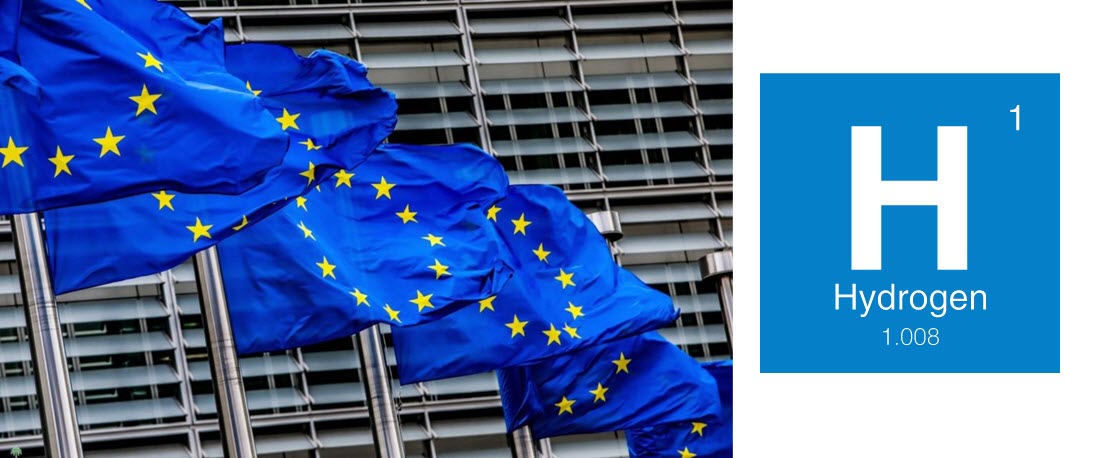
The EU Council on Friday adopted conclusions on steps to be taken towards creating a hydrogen market for Europe, to help the EU meet its commitment to reach carbon neutrality in 2050.
The conclusions give political guidance to the implementation of the EU Hydrogen Strategy presented by the European Commission on 8 July 2020.
In its conclusions, the Council recognises the important role that hydrogen, especially from renewable sources, plays in reaching the EU’s decarbonisation objectives, economic recovery in the context of COVID-19 and the EU’s competitiveness on the global scene. In order for this to happen, the EU market for hydrogen needs to be significantly scaled up and become a competitive, liquid market that attracts investments. This will also entail energy systems integration, sectoral integration and electrification, to mobilise energy efficiency gains.
In its conclusions, the Council asks the Commission to further elaborate and operationalise the EU Hydrogen Strategy, and in particular invites the Commission to outline a pathway towards the roadmap’s objectives of installing at least 6 GW of renewable hydrogen electrolysers in the EU by 2024 and 40 GW by 2030. This pathway should use joint programmes, be cost-efficient and prioritise energy efficiency and electrification from renewable sources. The Council also sees the need to develop an ambitious hydrogen roadmap and strategy for climate neutrality in the end-use sectors, that makes use of flexible policies.
The Council recognises that there are different safe and sustainable low-carbon technologies for the production of hydrogen that contribute to the rapid decarbonisation. Member States recognise that emphasis should be given to hydrogen from renewable sources in view of its key role for the achievement of the decarbonisation objective, and that the additional renewable energy demand from the deployment of hydrogen from renewable sources will have to be taken into account in further planning and deployment of additional renewable energy capacity.
The Council points out the need to incentivise and provide a level playing field for decarbonisation investments as hydrogen from renewable sources is currently not cost-competitive enough. Member States agree incentives should include the revision of the EU ETS and the revision of the relevant EU State aid rules. Private investments should also be incentivised through existing EU instruments, funds and institutions, such as the European Investment bank and the Connecting Europe facility, as well as the design of innovative instruments.
The Council asks the Commission to establish an integrated network planning approach for all energy carriers. It also asks the Commission to support dedicated hydrogen grid development in the upcoming revision of the TEN-E regulation. The Council also supports the creation of hydrogen clusters across the EU, as a short-term solution, in particular for hard-to-decarbonise end-use sectors.
Read the most up to date Fuel Cell and Hydrogen Industry news at FuelCellsWorks




